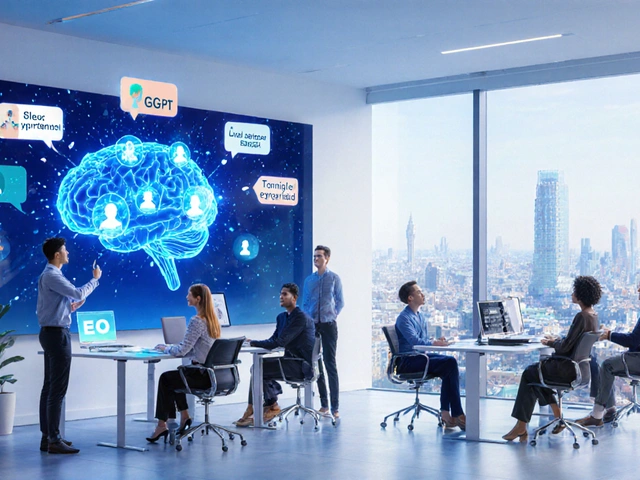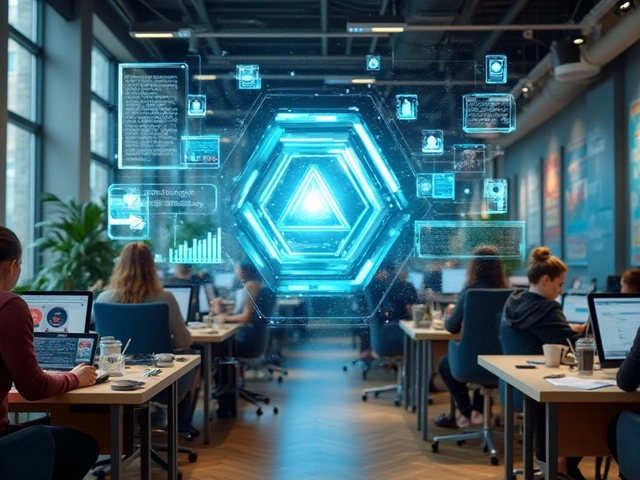Understanding the Foundations of ChatGPT
ChatGPT stands as a marvel of modern technology, representing a subset of artificial intelligence focused on generating human-like text. This AI, developed by OpenAI, is rooted in a deep learning model known as the Transformer, designed to process and analyze vast amounts of data in a way that mimics human cognitive functions. Since its inception, the technology behind ChatGPT has relentlessly evolved, incorporating more complex datasets and learning from a broader range of linguistic nuances and structures.
The practical applications of such technology are boundless. From writing articles, generating creative fiction, assisting in customer service, to even composing emails, ChatGPT can do it all with remarkable fidelity to human syntax and tone. This capability not only makes it an invaluable tool across diverse industries but also poses intriguing questions about the future of human-AI collaboration in creative fields.
Exploring the Capabilities of ChatGPT
One of the standout features of ChatGPT is its ability to understand and generate text based on context, a feat achieved through extensive training on a mixture of licensed data, data created by human trainers, and publicly available data. This training process enables the model to perform a variety of language-based tasks. The sophistication of ChatGPT lies in its ability to maintain coherence over long passages, recognize and replicate stylistic nuances, and adapt to the user's tone and style, making its application incredibly versatile.
Moreover, its seamless integration into various platforms enhances its utility in real-world scenarios. Whether integrated into customer service chatbots, used for generating reports, or even aiding in educational settings for tutoring purposes, ChatGPT's adaptability has been transformative. Its deployment can reduce operational costs, streamline communication processes, and deliver enhanced customer experiences.
The Impact of ChatGPT on Industries
The advent of ChatGPT has had a profound impact across various sectors. In the media and entertainment sector, for instance, journalists and content creators leverage this AI to draft articles, create fictional narratives, and even generate entire scripts. The efficiency and time-saving benefits are unparalleled, providing these industries the ability to produce high-quality content at an accelerated pace.
In the education field, ChatGPT serves as an advanced tutoring system, helping to explain complex concepts and offering practice exercises in a personalized manner. Its capacity to adjust explanations based on the learner's level and previous responses can significantly enhance learning outcomes. This level of personalization is particularly valuable in large educational settings where individual attention is limited.
Future Prospects and Ethical Considerations
As we look towards a horizon where AI's role in our daily lives is bound to expand, the potential advancements in AI technologies like ChatGPT are both exciting and daunting. The continuous improvements in AI models promise even more sophisticated capabilities. This could lead to more natural interactions between humans and machines, possibly creating new jobs that cater to this symbiotic relationship.
However, with great power comes great responsibility. The deployment of powerful AI tools like ChatGPT necessitates careful consideration of ethical implications. Issues like data privacy, the potential for misuse, and the impact on employment in certain sectors underscore the need for robust frameworks and guidelines to ensure that the development of AI technologies benefits society at large.




Write a comment